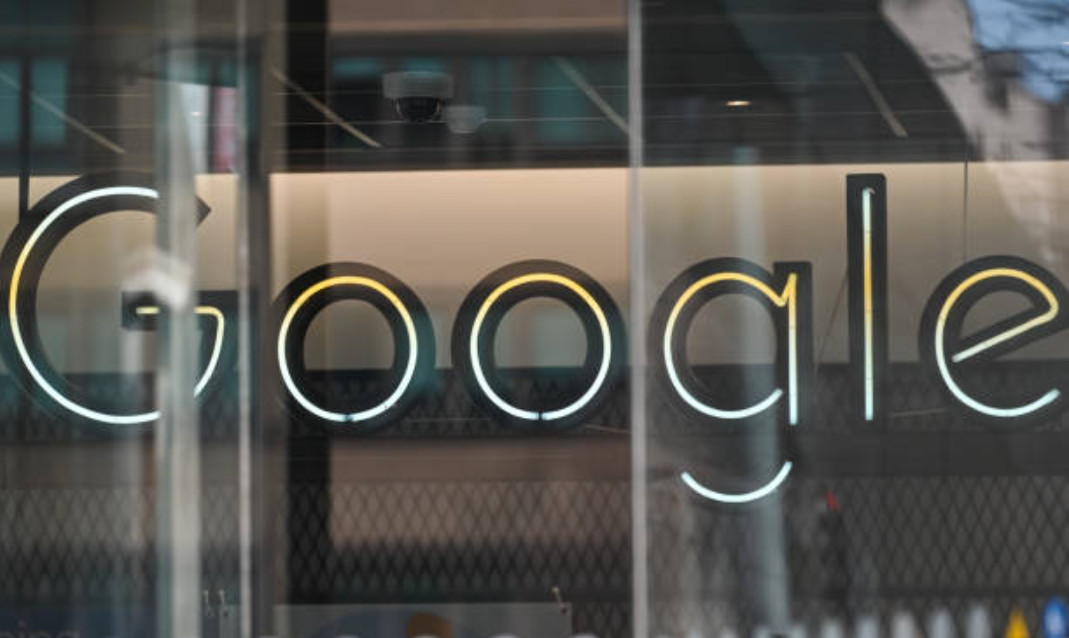Google has committed to a substantial $700 million settlement and measures to enhance competition within its Play app store.
The agreement, unveiled in a San Francisco federal court, is part of an antitrust settlement with US states and consumers. As outlined in the settlement, Google will allocate $630 million to a fund for consumers affected by alleged overcharging.
An additional $70 million will be allotted to a fund for states, pending final approval from a judge. Eligible consumers stand to receive a minimum of $2, with the potential for further compensation based on their spending on Google Play between August 16, 2016, and September 30, 2023.
All 50 states, along with the District of Columbia, Puerto Rico, and the Virgin Islands, have joined forces in this settlement.
Google faced accusations of imposing unfair constraints on app distribution for Android devices and imposing unnecessary fees for in-app transactions. Notably, the tech giant did not admit to any wrongdoing.
Google Boosts Android’s Flexibility

The settlement was initially announced by lead plaintiff Utah and other states in September, with details kept confidential until after Google’s trial with Epic Games, the maker of Fortnite. A California federal jury recently ruled in favor of Epic Games, affirming Google’s app business practices as anti-competitive.
Google’s Vice President for Government Affairs and Public Policy, Wilson White, emphasized that the settlement builds on Android’s flexibility while maintaining security and fostering competition.
As part of the agreement, Google will enable app and game developers to offer an alternative billing option for in-app purchases alongside Play’s billing system.
The company has piloted this choice billing for over a year in the US Google also plans to simplify users’ direct downloads of apps from developers.
Lawyers representing the states expressed confidence that the settlement terms would bring substantial and enduring relief to consumers nationwide, emphasizing the magnitude of remedies secured from a major digital platform, which they claim has not been achieved by any other US antitrust enforcer.


Comments are closed.